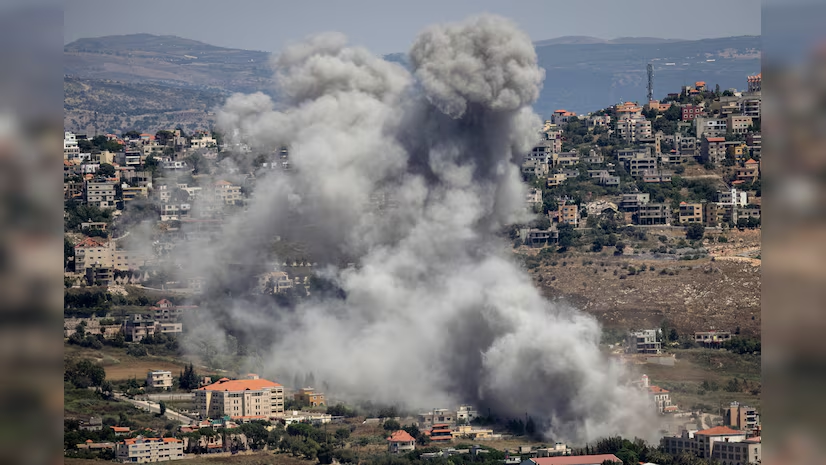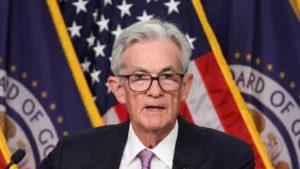
On October 6, 2024, Israeli airstrikes rocked Hezbollah-controlled areas in southern Lebanon, targeting key intelligence facilities. The military action was a response to growing threats from Hezbollah, a militant group backed by Iran that has long posed a security challenge to Israel. The Israeli Defense Forces (IDF) confirmed the strikes, stating they aimed to dismantle Hezbollah’s central intelligence infrastructure, which is believed to be used for operations against Israel. This latest development has heightened tensions in an already volatile region, with many fearing that these escalations could spiral into a larger conflict.
The strikes primarily targeted Hezbollah strongholds in the southern suburbs of Beirut, a region that has historically served as the group’s operational hub. According to sources within the IDF, the attacks were aimed at neutralizing Hezbollah’s ability to coordinate intelligence gathering and launch missile attacks on Israeli cities. Hezbollah has been blamed for various rocket attacks in recent months, escalating the situation along the Lebanon-Israel border.
Regional Reactions and Potential Consequences
The airstrikes come at a time of heightened geopolitical instability in the Middle East. Lebanon, already grappling with economic collapse and political disarray, faces further uncertainty as Hezbollah remains a powerful actor within its borders. The Lebanese government, which has limited control over Hezbollah’s military operations, condemned the airstrikes, calling them a violation of its sovereignty. On the other hand, Israel maintains that the attacks were necessary for its national security, accusing Hezbollah of amassing weapons and intelligence for future offensives against Israeli targets.
Iran, Hezbollah’s main backer, also issued a strong condemnation of Israel’s actions. Iranian officials warned that such aggressive tactics could lead to greater regional conflict, hinting at the possibility of retaliation. This has raised concerns about the potential for a broader war involving other regional players, including Iran, Syria, and even Russia, which has military interests in the region.
International leaders are calling for restraint. The United Nations has urged both Israel and Hezbollah to avoid actions that could further escalate the conflict. However, with Hezbollah’s deep ties to Iran and Israel’s firm stance on national defense, the likelihood of de-escalation remains uncertain. Many analysts fear that this could be the beginning of another drawn-out confrontation between Israel and Hezbollah, similar to the 2006 Lebanon War.
Impact on the Region
The airstrikes could have long-lasting effects on the stability of the Middle East. Hezbollah’s response in the coming days will be critical in determining the future course of this conflict. Israel is prepared for retaliatory attacks, including rocket fire aimed at northern Israeli towns and cities. Should Hezbollah decide to escalate the conflict, it could lead to further military actions, drawing in neighboring countries and potentially igniting a broader regional war.
image source – Chris McGrath/Getty Images


